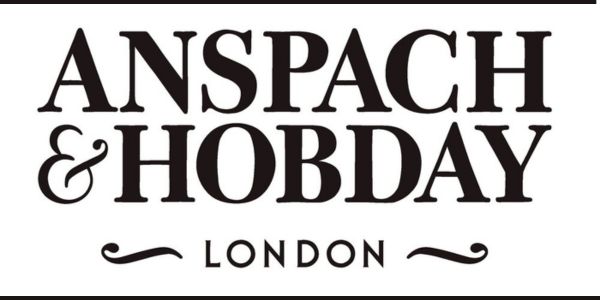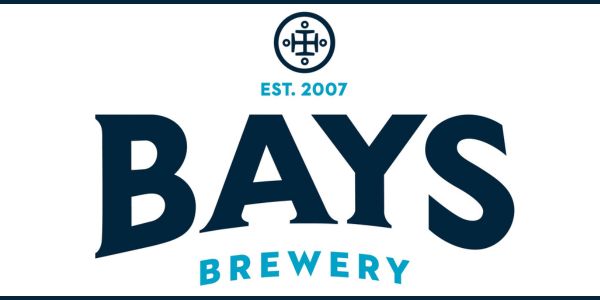The impact of spiralling costs may be in danger of diverting hospitality operators from the longer-term challenge of employee recruitment and retention. That’s the warning from workforce management specialist Bizimply.

With the latest Office for National Statistics figures showing that hospitality saw the largest increase in vacancies of any industry sector in the three months to January, Bizimply chief executive Conor Shaw believes operators need to get smarter at managing and motivating employees.
He said: ‘”Of course, rising costs, particularly food and drink inflation, are currently a real challenge for operators. However, with the UK now effectively at full employment, simply focusing on managing costs without dealing with the reality that businesses need motivated staff to thrive and expand is simply storing up problems.
“When you’re running the business with 10% vacancies, you have to make sure the 90% of staff you have are delivering 100% capacity. That doesn’t mean overworking them to the point where they become demotivated and ultimately leave, it means managing them better.
“Simple things like giving plenty of notice of shifts, and ensuring that staff are promptly paid when they do work extra hours, makes a real difference. People want to feel valued, and will move on quickly if they don’t.”
Bizimply’s warning comes as ONS figures show that the total number of UK job vacancies from November 2021 to January 2022 reached a record high of just under 1.3m. The accommodation and food service sector, which is how the ONS defines hospitality, saw the fastest growth in vacancies, up to 178,300.
In addition, the total size of the workforce has fallen by almost 580,000 since the start of the pandemic two years ago. The ONS estimates that 400,000 people over the age of 50 have left the labour market, with overseas workers returning to the EU also a factor.
Fundamental shift
Bizimply’s warning echoes that of UKHospitality chief executive Kate Nicholls, who said: “Of course the hospitality sector is delighted covid restrictions are being lifted, but that brings a new problem: how to service increased customer demand without the staff to do it. Vacancies in our industry are now double what they were before the pandemic. There has been a fundamental shift in the labour market and hospitality must address that quickly.”
Shaw added: “The hospitality sector had a great track record of developing younger employees to manager level, but retention is also more of a challenge with a younger demographic. Freeing up managers to be front-of-house delivering great customer service encourages them to become more productive and motivated, and less likely to leave.”
Bizimply’s software is designed to help businesses reduce the amount of time spent creating staff rotas and sorting out payroll. It means that general managers and supervisors can spend more time front of house, where they can have the most positive impact, making operational decisions, managing team members and interacting with customers.
Bizimply estimates GMs can save up to six hours a week, compared to creating a staff rota using Excel or similar. One operator using Bizimply software is now creating rotas for 60 team members, across five sites, in just one hour a week.
• Bizimply is offering visitors to the HRC trade show, from 21st-23rd March, a free labour scheduling masterclass. Lasting 30 minutes, the session will give operators practical advice and examples to help them make sure the right people, with the right skills, are always where they are most needed. Bizimply is on stand H781 in the Hospitality Tech area of the show, taking place at Excel, London.









